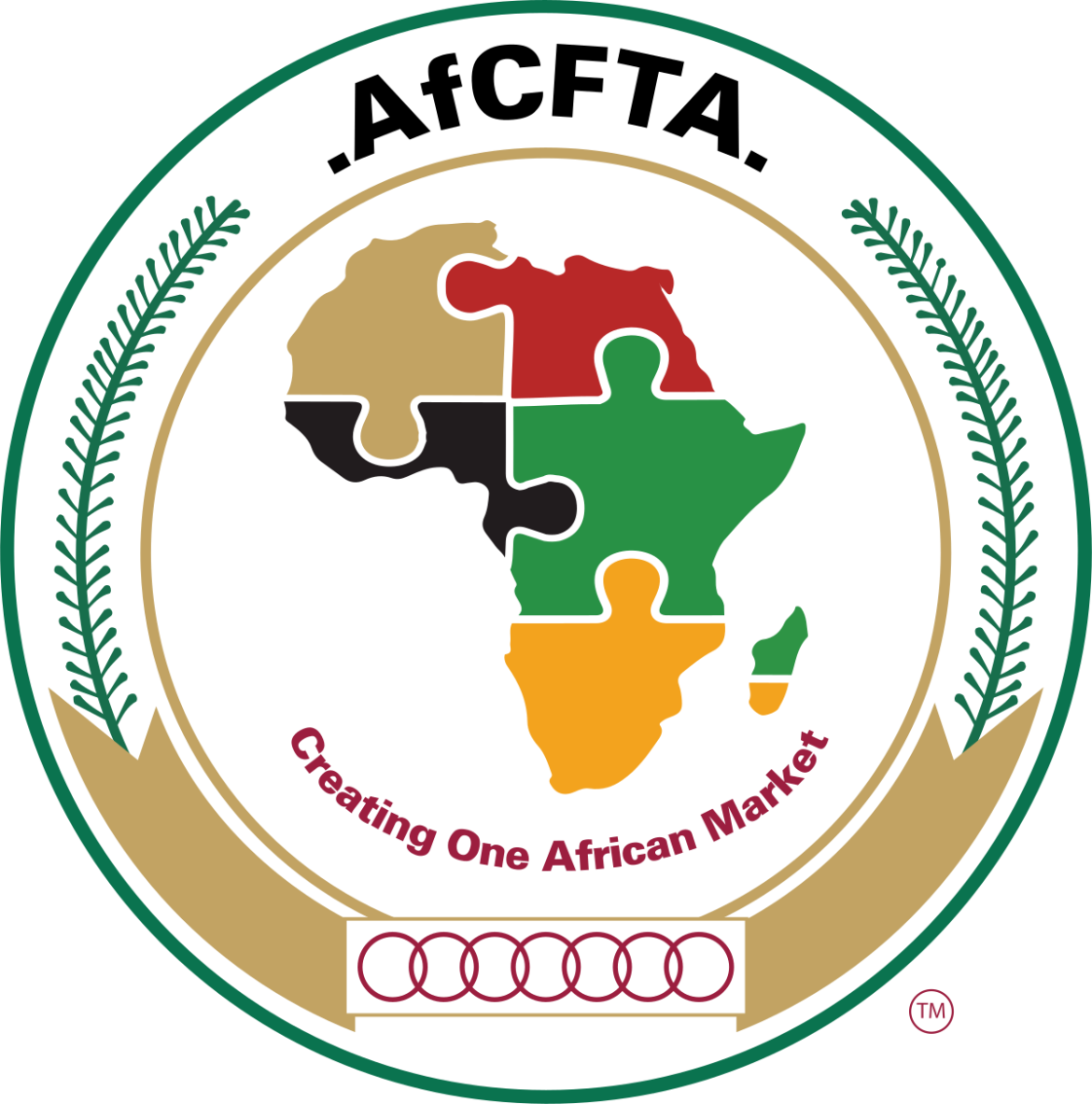524
Daniel Adaji
Nigeria will formally commence trading under the African Continental Free Trade Area (AfCFTA) framework on Tuesday (today) following the official gazetting and transmission of its ECOWAS Schedule of Tariff Offers to the AfCFTA Secretariat.
This step signifies Nigeria’s full entry into the continental free trade agreement, just ahead of the 16th Council of Ministers Meeting on Trade scheduled for April 15 in Kinshasa, Democratic Republic of Congo.
Signed by President Bola Tinubu on Monday, the approved Schedule paves the way for zero tariffs on 90 per cent of goods traded across the continent.
It marks a major push toward regional integration, export-led growth, and economic transformation through improved access to African markets.
According to the Minister of Industry, Trade, and Investment, Dr. Jumoke Oduwole, “The gazetting and transmission of the ECOWAS Schedule of Tariffs to the AfCFTA Secretariat signals Nigeria’s readiness for trade under the Agreement.”
She adds, “This milestone enables Nigerian exporters to leverage preferential tariff access across African markets, positioning Nigeria as a key player in regional and global trade.”
Nigeria had already shipped goods under AfCFTA in July 2024. However, this formal documentation is what fully activates Nigeria’s obligations and benefits under the agreement. It also sends a clear message of commitment to both regional partners and global investors.
Beyond diplomacy, the impact on local businesses and the broader economy is expected to be substantial. The AfCFTA framework eliminates duties on 90 per cent of tariff lines, which is anticipated to boost the competitiveness of Nigerian goods in Africa, lower trade barriers offer opportunities for small and medium enterprises to scale as well as increase domestic job opportunities and investor interest.
Nigeria’s engagement strengthens its position in shaping economic policy across Africa.
The tariff liberalization will roll out gradually, based on a 10-year phase-in schedule that began in 2021.
For goods traded with least developed African countries, Nigeria is reducing tariffs by 10 per cent annually, aiming for a 50 per cent cut by 2025. In trade with other developing countries on the continent, the agreement allows immediate tariff elimination, with a 20 per cent yearly reduction applied.
This approach aligns with decisions taken at the African Union’s 35th Ordinary Session in 2022, where leaders endorsed flexibility in implementation for member states.
Nigeria’s entry into AfCFTA also complements its ambition to lead in digital trade.
In February, President Tinubu was praised for promoting AfCFTA’s digital trade agenda, which aims to simplify cross-border e-commerce and digital payments across Africa.



